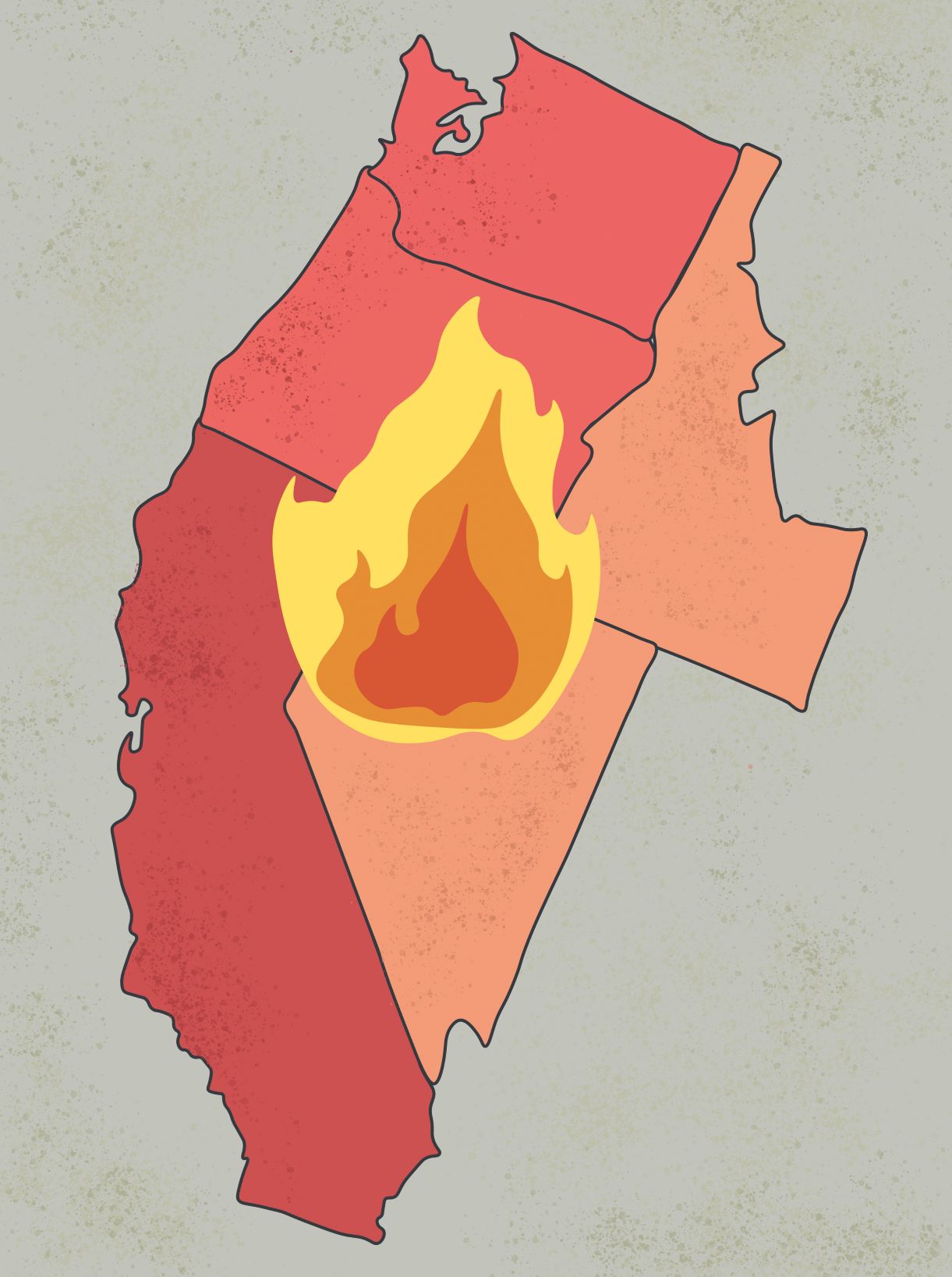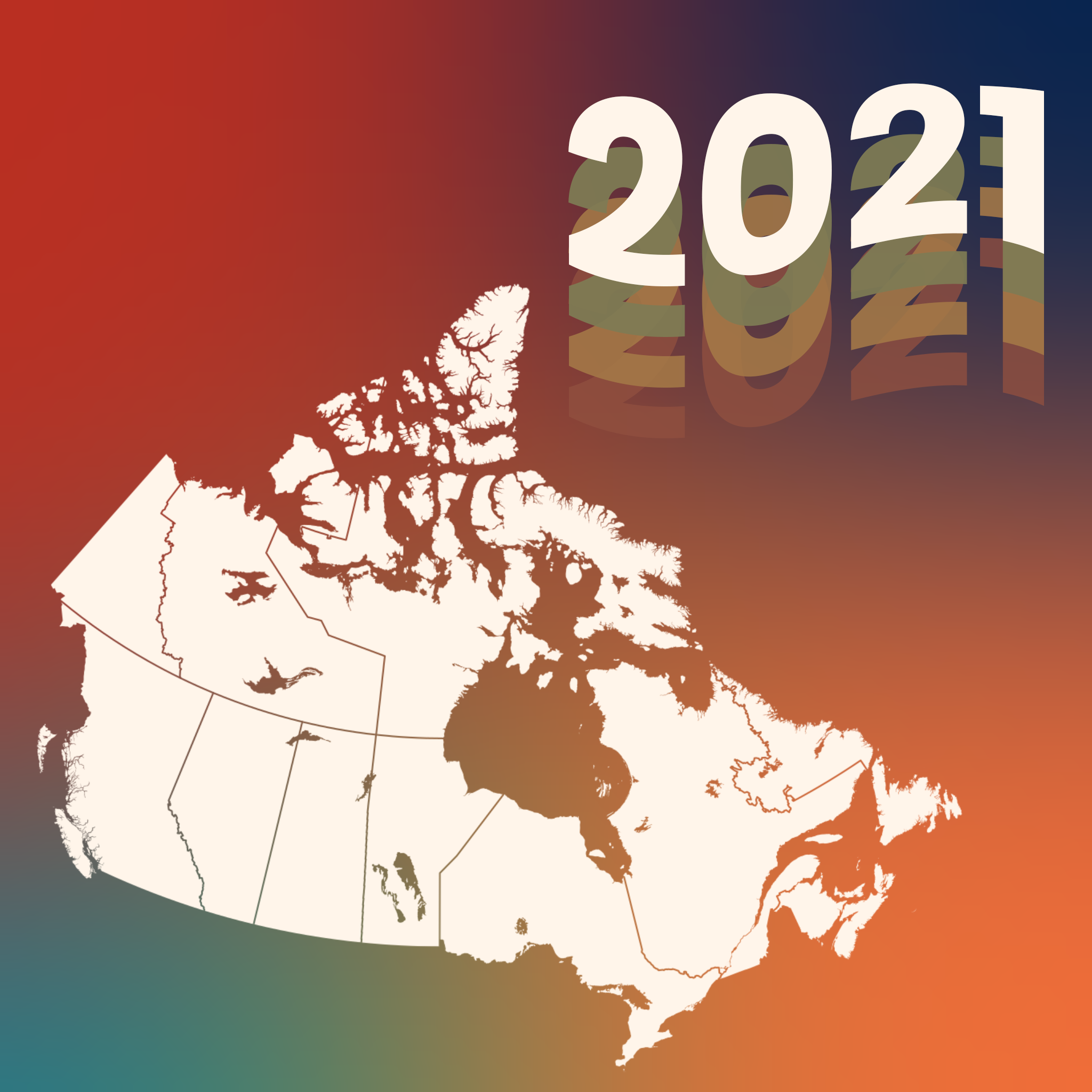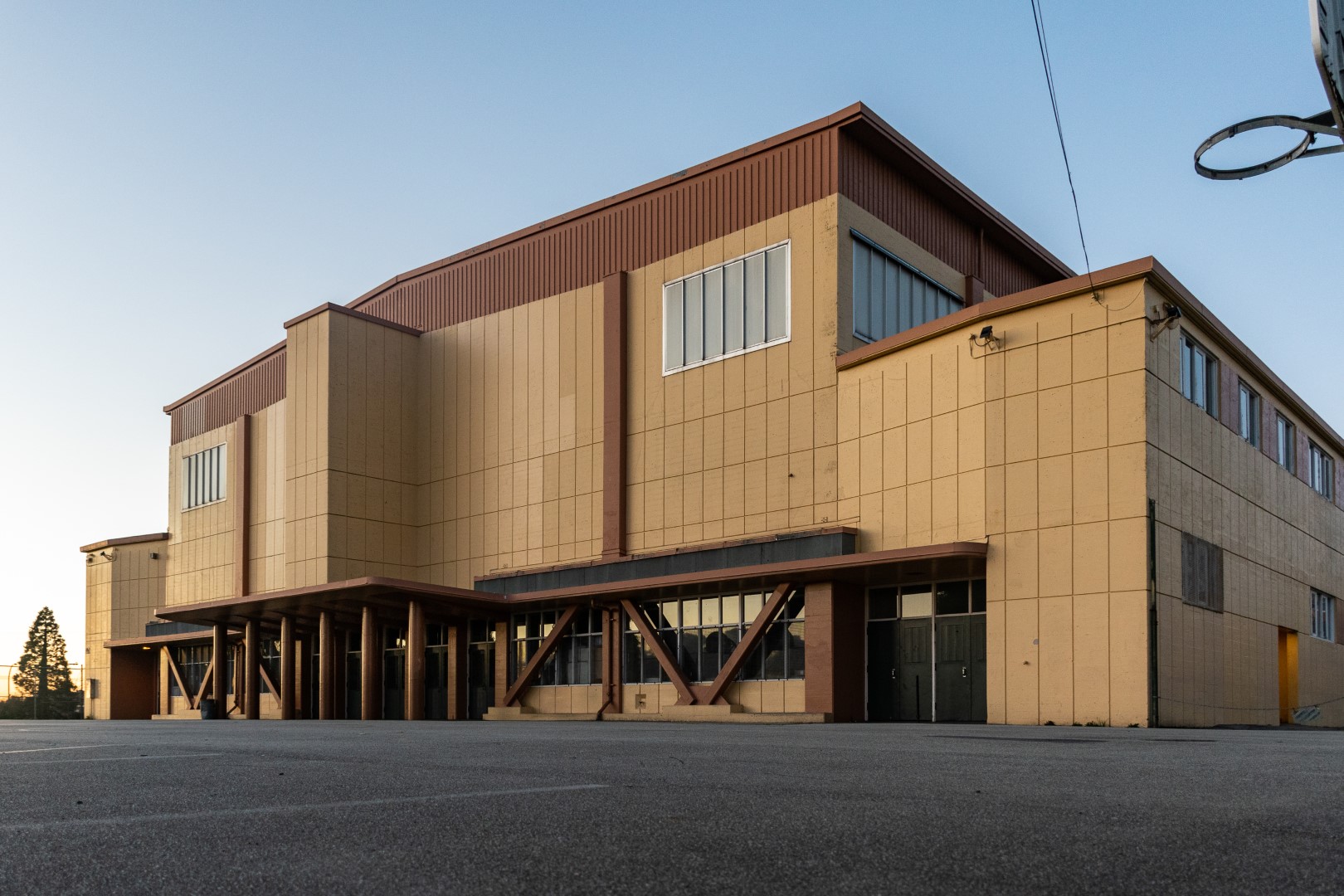
Wildfire smoke covers Metro Vancouver
By Joe Ayres, Social Media Coordinator
For over a week, Metro Vancouver was covered in thick smoke that came from wildfires raging over the west coast of the US.
Metro Vancouver issued an air quality advisory on September 8, for both the Metro Vancouver area and the Fraser Valley. This advisory has been cancelled as of September 19 since the air quality has improved due to “cleaner marine air flowing into the region.”
“Persons with chronic underlying medical conditions or acute infections such as COVID-19 should postpone or reduce outdoor physical activity until the advisory is lifted, especially if breathing feels uncomfortable,” said Metro Vancouver in a media release put out on the same day as the air quality advisory.
The release also notes that it’s still the summer months in the region and it’s important for people to stay cool, noting that HEPA air cleaner filtration and air conditioning are a good way to do so. Those experiencing symptoms of chest discomfort, shortness of breath, coughing, and wheezing are told to seek medical attention.

According to IQAir, Vancouver had an air quality index (AQI) of 227 on September 13, comparing that to Portland at a whopping AQI of 444 on the same day. Throughout that week Vancouver fell in and out of the second-place spot for worst air quality in the world according to IQAir.
Sean Rodgers works at a garden supplies store in Vancouver, his job requires him to often work outside while doing physically demanding labour. Sean also suffers from respiratory issues due to his arthritis.
“My eyes feel like I’ve been wearing contacts all day because they’re so irritated and dry, I’ve been smelling and breathing campfire air all week and it’s giving me headaches every day,” said Rodgers.
Due to the poor air quality, Canada Post halted deliveries in specific areas across Southern BC and Vancouver Island. Deliveries were halted starting on September 14 with Metro Vancouver, most of Vancouver Island, and the Okanagan. The delivery cancellations were changed on a day-to-day basis judged by the air quality in those areas.
Canada Post Helps said in a tweet, “The safety of our employees is our number one priority.”
On September 16, the National Interagency Fire Center (NIFC) in the US announced 80 large fires were burning in the US, predominantly in Oregon with 12, Washington with 8, and California with 22. Across the country about four million acres of land have been hit by the fire.
The BC government announced on September 17 that more than 200 firefighters from BC are being sent to the states to assist in firefighting efforts after more than 800 people volunteered to cross the border and help.



